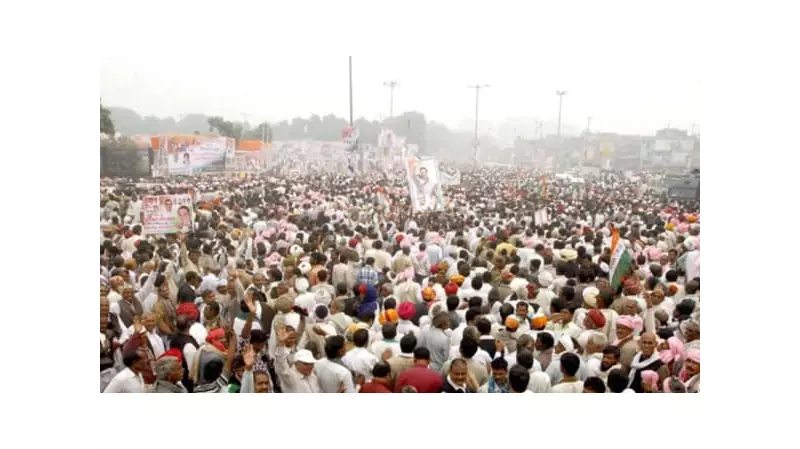
In a significant development that could impact demographic representation, the US Congress is facing mounting pressure to abandon proposed restrictions on census data collection methods. The controversial move has drawn criticism from various quarters, including Indian-American community organizations and data science experts.
The Proposed Restrictions
The legislation in question seeks to prohibit the US Census Bureau from implementing certain modern data collection techniques that have been developed to improve accuracy in population counts. Critics argue that these restrictions would force the bureau to rely on outdated methodologies, potentially leading to undercounting of minority communities, including the growing Indian-American population.
Why This Matters for Indian Communities
The accuracy of census data directly affects political representation and resource allocation. For Indian-American communities, which have seen substantial growth in recent decades, inaccurate counting could mean reduced federal funding for essential services and diminished political influence at both state and national levels.
Several Indian-American advocacy groups have joined the chorus of opposition, emphasizing that modern statistical methods are crucial for capturing the true diversity of America's population. "Our communities deserve to be counted accurately," stated one organization representative. "Going backward in data collection technology would be a disservice to the principles of fair representation."
Expert Opinions and Concerns
Data scientists and demographic experts have raised alarms about the potential consequences of restricting census methodologies. They argue that:
- Modern sampling techniques provide more accurate population estimates
- Restrictions could disproportionately affect hard-to-count communities
- The proposed changes might violate statistical best practices
- International census standards recommend using advanced methodologies
The debate comes at a critical time when the US population is becoming increasingly diverse, with Indian-Americans representing one of the fastest-growing ethnic groups in the country.
The Road Ahead
As Congress deliberates on the proposed restrictions, advocacy groups continue to mobilize opposition. The outcome of this legislative battle could have far-reaching implications for how America counts its people and distributes political power and resources for the next decade.
With the next census cycle approaching, the decision on data collection methods will determine whether the United States moves forward with technological advancements or reverts to less precise counting methods that could leave millions effectively invisible in official statistics.





